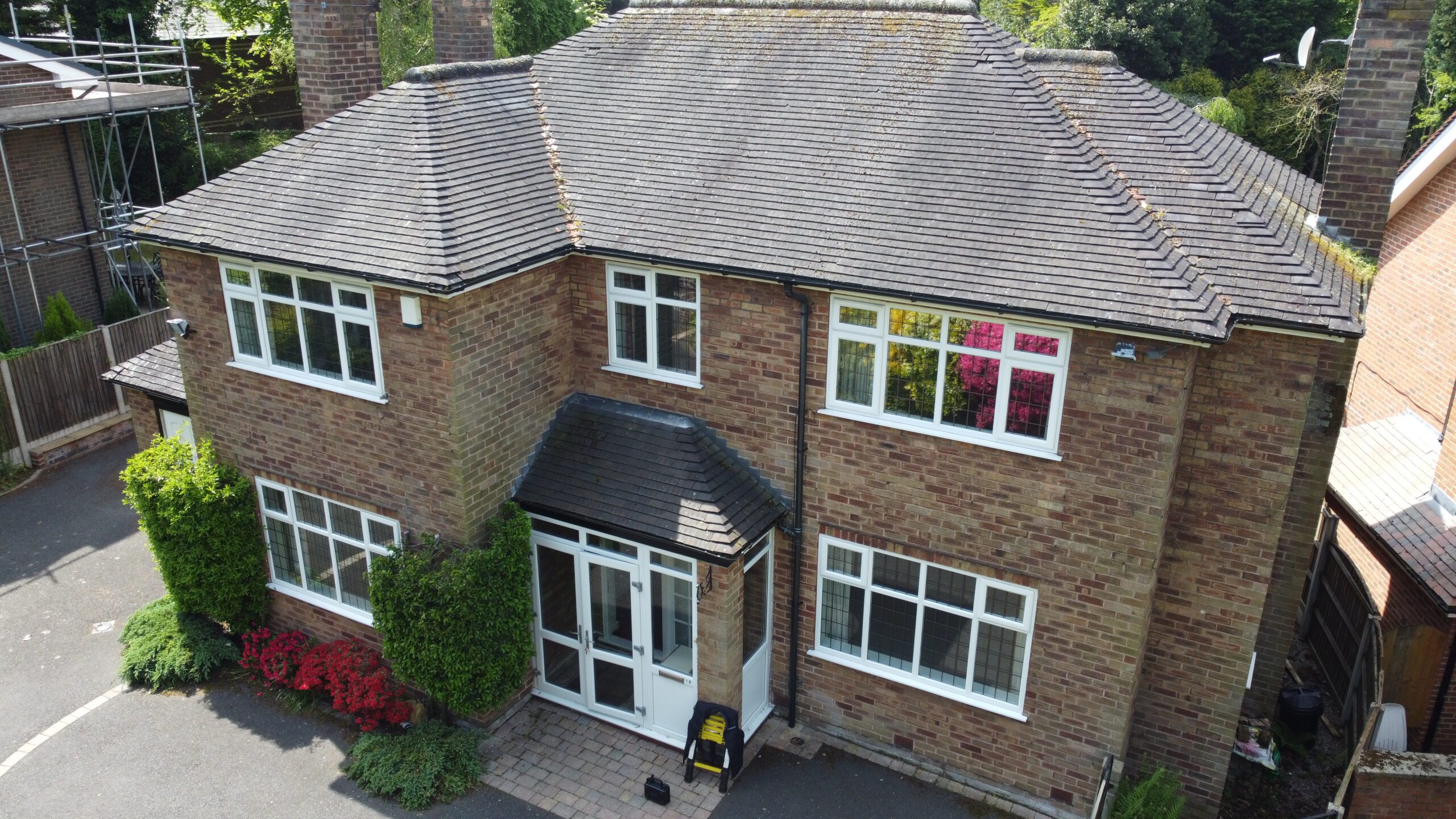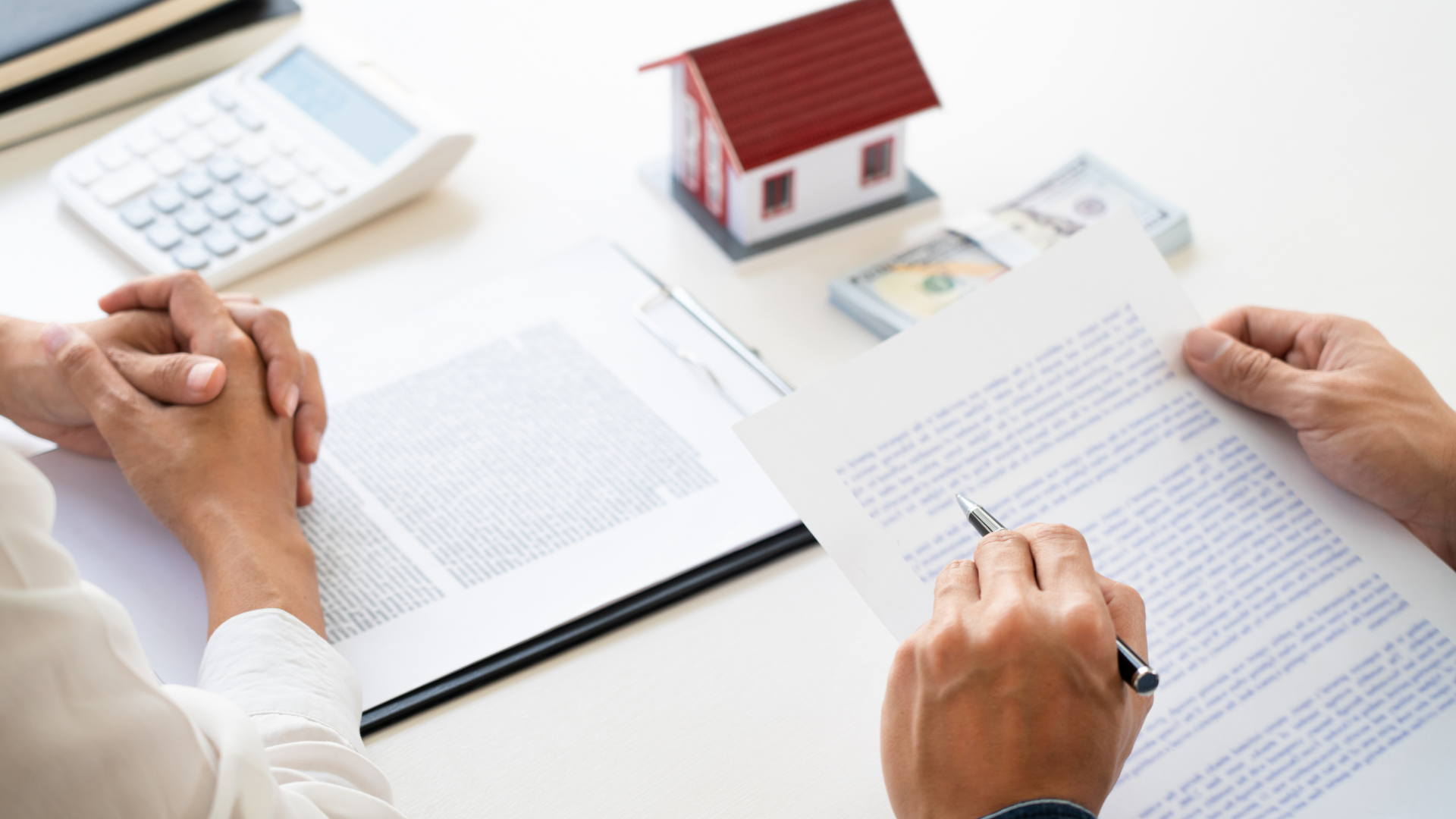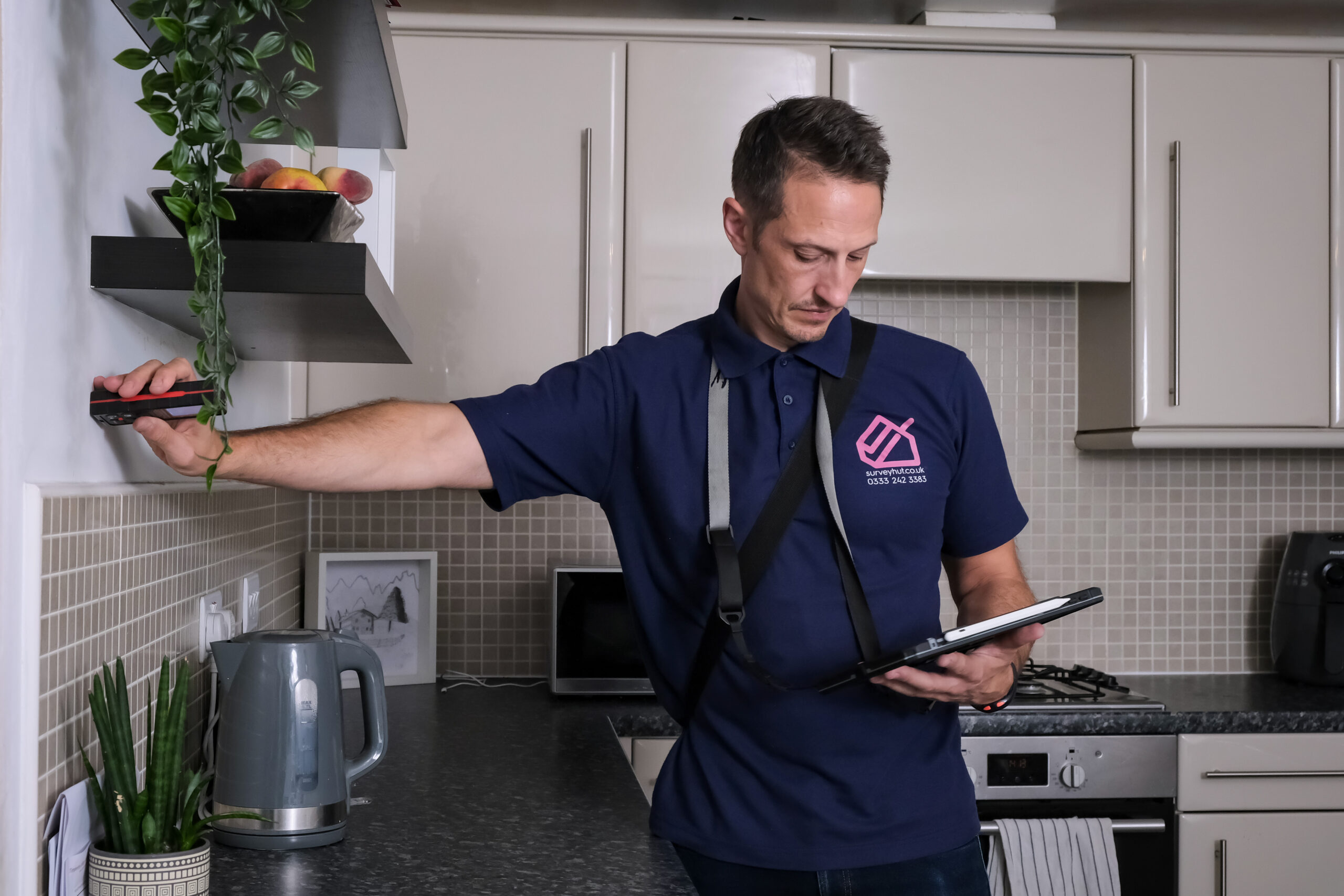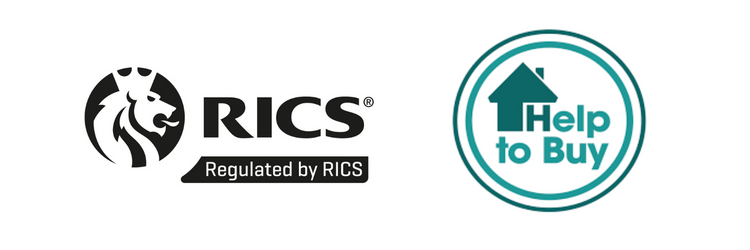Wondering how surveyors help put a price value on your home? It’s not as simple as you might think. Surveyors use a range of methods to work out what your property’s value is.
They look at things like the size of your house, its condition, and where it’s located. They also check out recent sales of similar homes in your area. This helps them get a good idea of the current market value.
But there’s more to it than just crunching numbers. Surveyors also consider unique features that could make your home stand out. Things like a newly fitted kitchen or a garden with a great view can bump up the value. It’s a mix of facts and information that helps surveyors come up with a value for your property.
Learning About Property Valuation
Property valuation is a key part of buying or selling a house. It helps you know the true value of a home. Let’s explore how surveyors figure out property values.
Key Concepts in Valuation
Valuers follow the RICS definition when assessing a property’s value. This means they estimate the amount a property should sell for on the valuation date, assuming a willing buyer and seller, proper marketing, and both parties acting wisely and fairly without any pressure, in an arm’s-length transaction.
When valuing a house, surveyors look at many things. They check the size, condition, and location of the property. They also compare it to similar homes nearby.
Surveyors can use three main methods:
- Sales comparison: Looking at recent sales of similar homes
- Cost approach: Estimating how much it would cost to rebuild the house
- Income approach: Calculating potential rental income
Each method helps paint a full picture of a property’s value.
The Role of a Surveyor
A surveyor is an expert who values properties. They visit the house and take detailed notes. They look at things like:
- The size of the rooms
- The age and condition of the building
- Any improvements or issues
Surveyors use their knowledge of the local market to give an accurate value. They write up their findings in a valuation report. This report is important for buyers, sellers, and mortgage lenders.
How Do Surveyors Value Houses?
Surveyors use a detailed process to value houses accurately. They combine research, inspections, and expert analysis to determine a property’s value.
Initial Assessment and Research
You’ll find that surveyors start by gathering key information about your property. They look at recent sales of similar homes in your area. This helps them understand local market trends.
Surveyors also check public records for your property’s history. They note things like:
- Previous sale prices
- Land size
- Building age
- Any major renovations
This research gives surveyors a good starting point for your home’s value.
On-Site Property Inspection
Next, surveyors visit your home for a thorough look. They examine the key details of the property, inside and out.
During the visit, surveyors check:
- Age and construction methods
- The overall condition of the building
- Any signs of damage or needed repairs
- Property size and layout
- Additional amenities such as garages, outbuildings and gyms
They take lots of notes and photos. This helps them remember important details later.
Analysing Property Features
After the visit, surveyors take a closer look at your home’s unique features. They consider how these might affect its value.
Some key factors include:
- Location and neighbourhood
- Property size and layout
- Number of bedrooms and bathrooms
- Kitchen and bathroom quality
- Energy efficiency
- Parking and outdoor space
Surveyors also think about any special features that might make your home more valuable. These could be things like a newly fitted kitchen or a conservatory.
Risk Assessments and RICS Standards
Surveyors must follow strict rules set by the Royal Institution of Chartered Surveyors (RICS). These help ensure fair and accurate valuations.
Part of this process involves checking for any risks that could affect your property’s value. Surveyors look for things like:
- Structural issues
- Japanese knotweed
- Coal mining in the area
- Flood risks
They use all this information to create a detailed valuation report. This report explains how they reached their final figure for your property’s value.
Factors Affecting Property Value
Many things can impact how much a house is valued at. Surveyors look at both the inside and outside of a property, as well as what’s going on in the area around it.
Internal & External Characteristics
The age and condition of a house play a big role in its value. Older homes may need more upkeep, while newer ones might have modern features. The number of bedrooms matters too – more rooms often mean a higher price.
The layout is important. Open floor plans are popular now, and extensions can add value if done well. Renovations like new kitchens or bathrooms can boost the price.
Don’t forget about structural issues. Things like damp or cracks can lower the value a lot. The outside matters as well. A tidy garden and fresh paint make a good first impression!
Environmental and Market Conditions
Where a house is located is crucial. Good schools and low crime rates nearby help the value. Transport links are key too, and easy access to buses or trains is a plus.
The local area affects prices. Are there shops, parks, and jobs close by? All these make a place more desirable.
Market trends play a part. If house prices in the area are going up, your property might have a higher value. Surveyors look at similar properties that have sold recently to get an idea of market value.
Some risks can lower value. Flood risk is one example. Even if it hasn’t flooded before, being in a high-risk zone can affect insurance costs and put off buyers.
Critical Points for Buyers and Sellers
Knowing what surveyors look for can give you an edge in property transactions. Understanding the valuation process helps buyers make informed decisions and sellers maximise their home’s value.
Before Purchasing: Survey Tips for Buyers
When you’re buying a house, a surveyor’s report is crucial. It reveals potential defects that could affect the property’s value. Look for signs of structural issues, damp, or outdated systems.
Ask the surveyor about the local property market. They can provide insights on recent sale prices in the area. This info helps you gauge if the asking price is fair.
Don’t be afraid to use the survey findings in price negotiations. If the report uncovers problems, you might be able to lower the price. Or you could ask the seller to fix issues before you buy.
Remember, a thorough survey can save you money in the long run. It helps you avoid costly surprises after purchase.
Before Selling: Preparing for Valuation
As a seller, you want to get the best price for your home. Start by fixing any obvious defects. A fresh coat of paint and tidy garden can boost first impressions.
Make sure all areas of your house are accessible. Surveyors need to check all accessible areas, including the loft and cellar. Clear out clutter to make their job easier. Also, gather documents like planning permissions and certificates for any work done. These can support a higher valuation.
Consider getting your own survey before listing. It can help you set a realistic asking price. You’ll also be prepared for any issues a buyer’s survey might uncover.
Be honest with your estate agent about any known problems. They can advise on whether to fix issues or adjust your price expectations.
Get in touch with Survey Hut today for a comprehensive Home Survey. We are held to the highest professional standards by the RICS, so you know that you’ll get a high-quality report. Make sure your perfect home, is perfect.
Sharing is caring!




